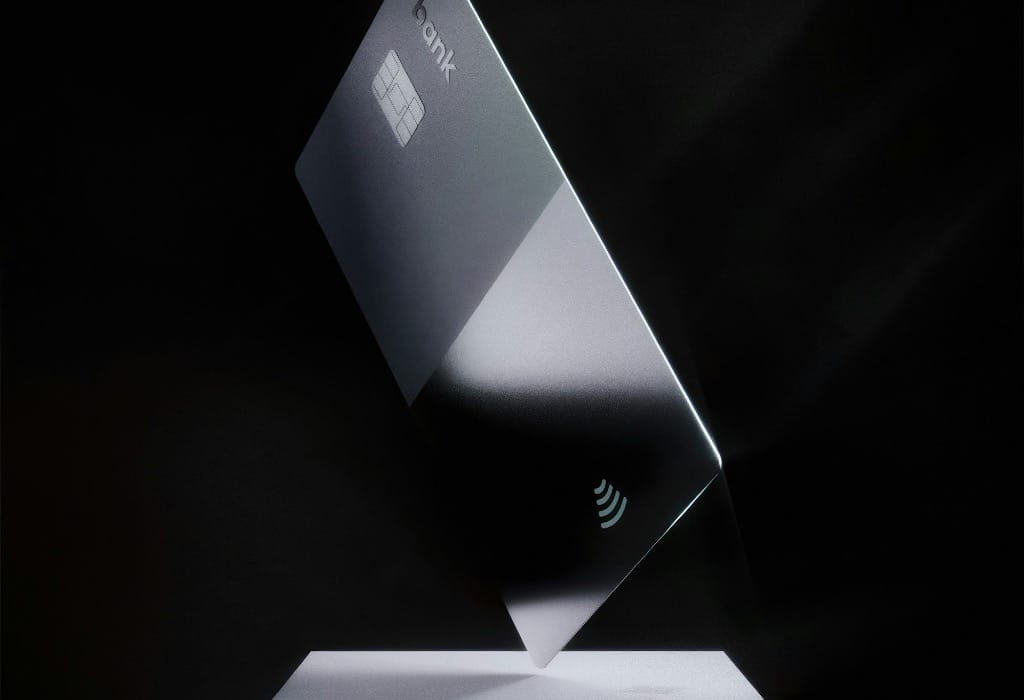Broadband Providers, Bankers Want FCC Not to Rely on Weiss Ratings
USTelecom, NCTA, WISPA, and RDOF winners joined the banking industry in suggesting the agency ditch the standard.
Jake Neenan

WASHINGTON, August 6, 2024 – Broadband providers and banking groups are continuing to ask that the Federal Communications Commission ditch the bank rating system it has relied on for its subsidy program’s financing requirements. They say the current system could delay deployments by diverting time and resources to finding letters of credit.
The FCC has required Internet Service Providers participating in its $6 billion Rural Digital Opportunity Fund and $1.8 billion Connect America Fund Phase II Auction programs to obtain a letter of credit equal to at least their first year of support, plus yearly increases until certain deployment milestones have been met. That has typically involved putting up an equal amount of cash as collateral.
Those letters of credit must normally come from banks with a Weiss rating of at least a B-. The number of banks meeting that standard fell by more than 1,600, or nearly half, between February 2022 and March 2024, which led the agency to temporarily waive the requirement to avoid invalidating existing letters of credit.
In June, the FCC’s five Commissioners voted to take comment on making more permanent changes to its requirements, either by lowering the necessary Weiss rating or using another system altogether.
Responses to that inquiry, posted starting Monday, were generally united on one suggestion: Look beyond Weiss. USTelecom, the cable industry, RDOF winners, wireless broadband providers, and banking associations submitted comments to that effect.
Banking trade groups – and broadband providers – have questioned the rigor of Weiss’s ratings, but the Coalition of RDOF Winners also pointed to the recent volatility in ratings as a reason to ditch the standard. “RDOF support recipients should not be forced to expend significant costs in playing a constant game of ‘musical chairs’ with the banks they use for their LOCs, as they are already facing huge cost increases that were never envisioned at the time of the RDOF auction and no one ever expected such ongoing and dramatic Weiss safety rating downgrades,” the group wrote.
As to alternative methods of ensuring letters of credit come from viable banks, commenters were split. USTelecom backed a proposal from Bank of America that would swap Weiss ratings for long-term credit ratings from S&P, Moody’s, or Fitch Group. Cable, WISPA, and the RDOF winners backed the banking industry’s suggestion that the FCC accept letters of credit from any federally insured bank.
NTCA, which represents rural providers, said that while it supported an alternative of some kind, it was “largely agnostic” to specific solutions, so long as the FCC doesn’t institute rules that make it hard for small providers to secure a letter of credit.
ACA Connects, a trade group representing smaller providers, said it supported simply lowering the required Weiss rating to C-, which it said would more than double the number of eligible banks to 3,900 while adding “minimal risk to the commission’s security interest.”
“Needless to say, each regulatory agency must make its own decisions regarding when or how to use the research and ratings published by Weiss Ratings; and each user is free to adjust their standards to their specific goals,” Gavin Magor, Weiss’s director of research and ratings, said in an email. “Weiss Ratings generally favors restricting business to institutions meriting a grade of B- (good) or better. However, a grade of C+ (the upper range of ‘fair’) would not typically contradict the term ‘adequately capitalized.’”









Member discussion